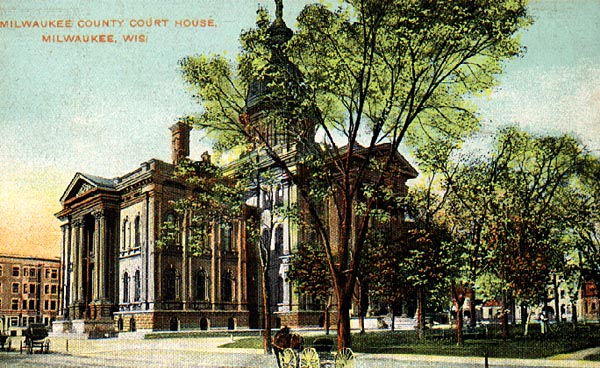Marquette Law Student Theresa Fallon Serving as ABA Law Student Division Liaison for the Dispute Resolution Section
I recently learned that Theresa Fallon, a 2L, was appointed by the ABA to serve as Liaison to the Section on Dispute Resolution for 2009-2010. You can see a list naming Theresa and the other liaison appointees here. Student liaisons to ABA entities such as the Dispute Resolution Section work to “serve as a line of communication between [their] respective entit[ies], Law Student Division, Division Circuits, and local law schools,” according to the front page of the Liaison website.
The competition for the liaison positions is tough, and it is an honor for Theresa to have been chosen. In this position, Theresa will attend the section’s meetings and get to know its leadership, helping it to understand and serve the needs of law students. She will also attend meetings for the ABA Law Student Division in the Seventh Circuit. The liaison position is a wonderful opportunity for Theresa to make connections, serve the profession, and represent Marquette University Law School in national legal circles.

 Each May the
Each May the  To open my month as faculty blogger, I would first like to thank my colleague
To open my month as faculty blogger, I would first like to thank my colleague